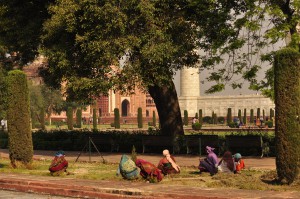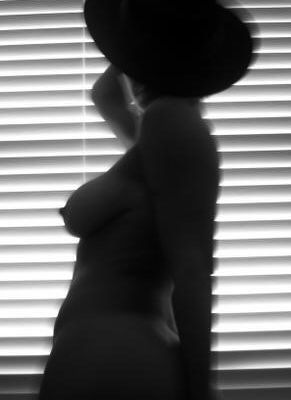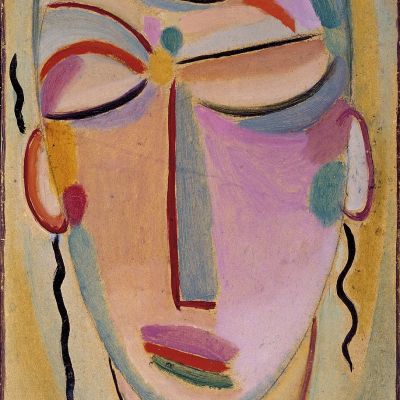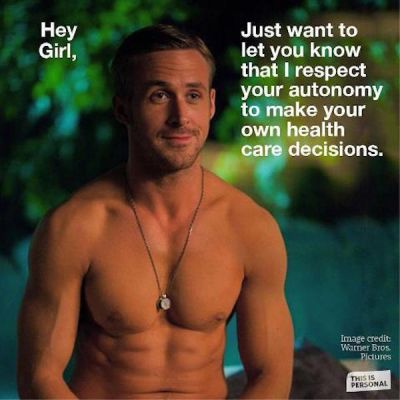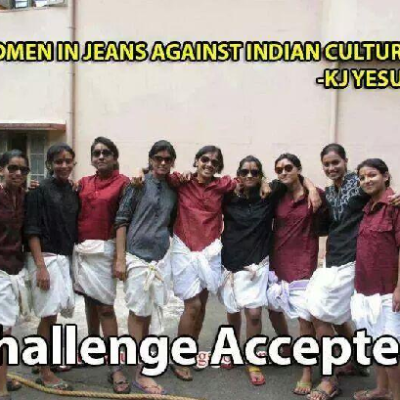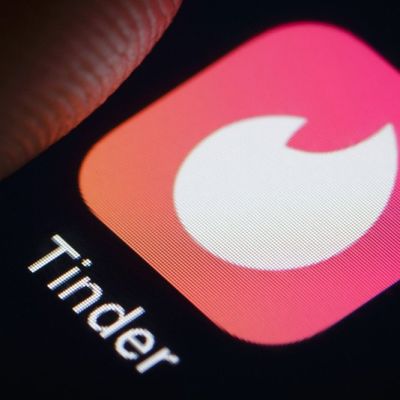Voices
The artwork with its process video titled ‘Unmaking of a Calendar’ is an attempt to challenge the ableist lens through which we observe accessibility to sexuality.
The Handmaid’s Tale leads one to re-examine these two forms of social hierarchy that women have to navigate: one where they apparently have equal sexual rights as men but have to bear most of the brunt of unwanted pregnancies, reproductive burdens and the like, and the other extreme where their decisions including those about sexual identity and procreation are institutionalised and they are robbed of all agency and autonomy.
When we are in tune with our authentic thoughts and feelings, vulnerability can be a guide-post in traversing through life, allowing us to forge deep and meaningful connections where we can hold space to mess up and get back on our feet again.
Lack of women’s representation in policy-making institutions has allowed men, often with minimal understanding and empathy, to decide what women in sports can or cannot wear. As a result, these policies have ended up undermining women’s comfort as well as agency.
You speak in so many tongues to me as you journey languorously down my body.
While there have been many music videos objectifying women where they are shown to be given favours by men, it is amazing to note that even in a song where a woman is being refused the ‘gifts’ she seeks, the objectification of women persists.
Giving a trigger warning helps to somewhat flatten that hierarchy by making sure the audience is okay with the content. It can also shift power to the audience who may now decide what they would like to do with that information – to stay put and listen, or to walk out.
Note: Travelling is a poem by Eunice de Souza. I find it impossible to read a poem without layering it…
As a young woman, I feel powerless to do much more than get disturbed by this issue, write about it and talk about it with as many people as I can, with the hope that more of us will get disturbed by it and become more accepting of diverse expressions of gender and sexuality.
The data continues to misrepresent the realities of transgender persons, reiterating the existing confusion about transgender individuals.
“It’s fascinating Yasmina, but also scary how sex or sexualising something can be ignited from our need for beauty that probably stirs positive emotions that we consider beautiful, such as feeling pleasure. But you know as well, desiring what we think is beautiful can generate fluidity: I can never know what I am exactly. All I know is that I was with men, and I was with women, and all of them tickled something within me. “
It wasn’t that she had never heard of homosexuality; but, in her imagination, gay men and women were an exotic species, not real people who could, perchance, be fellow passengers on a bus, fellow shoppers at a mall, or a fellow beginner in a meditation class.
Mainstream media is beginning to pay attention to men’s relationship with abortion – a welcome counterpoint to the anti-woman, anti-abortion rhetoric Men’s Rights Activists (MRAs) spew on the topic.
“Everything is funny, if you can laugh at it.” – Lewis Carroll Lewis Carroll can be said to have a…
Honestly, there weren’t any specific rules for the game,
Consent basics, a little humour, but no stigma, no shame.








